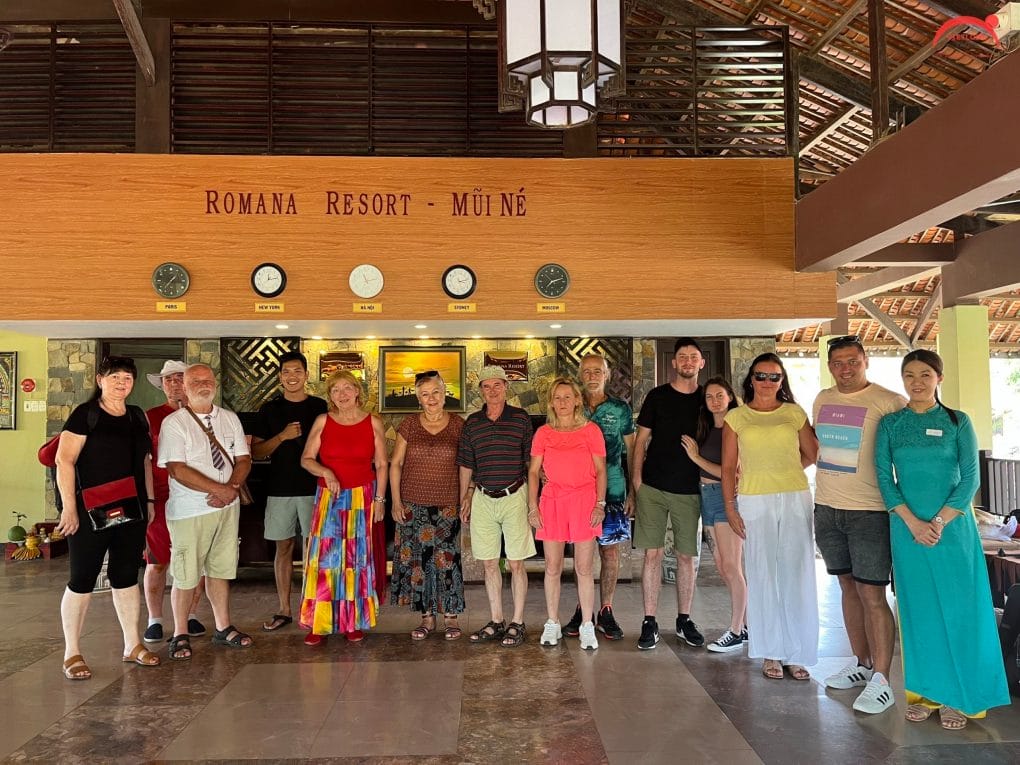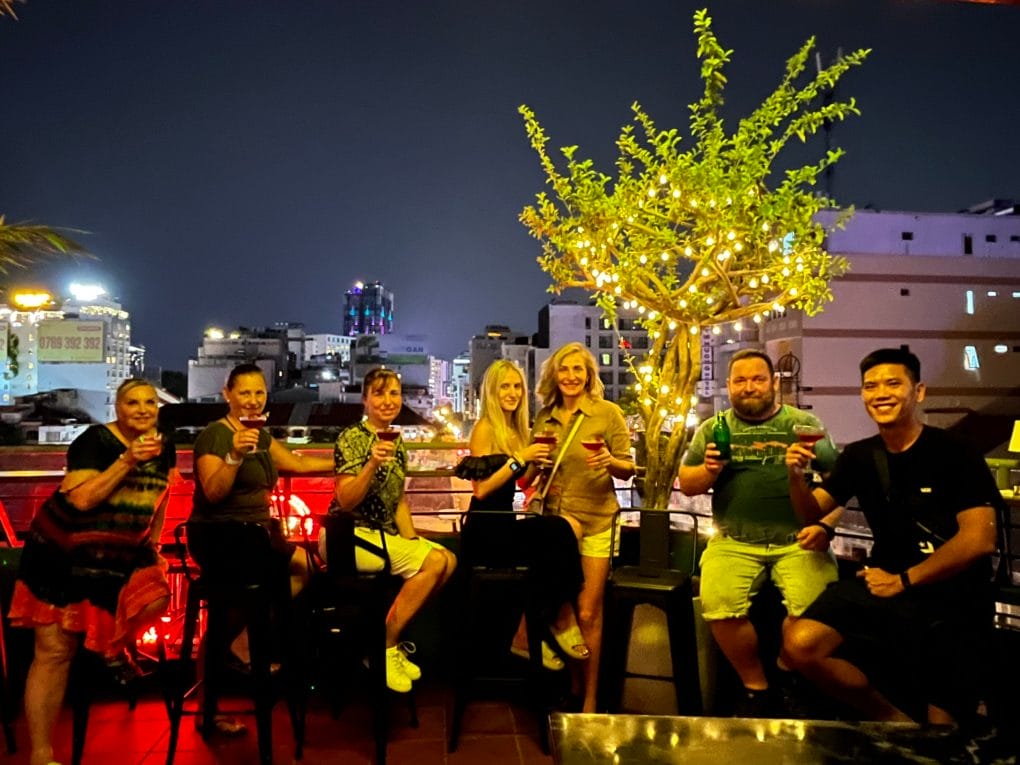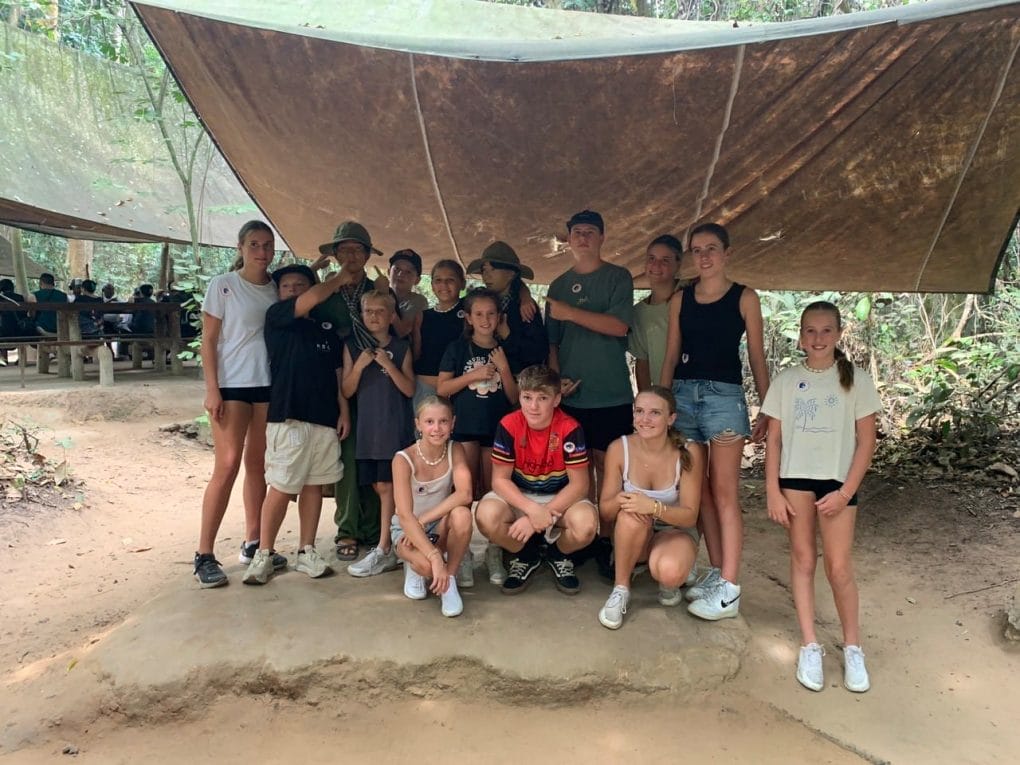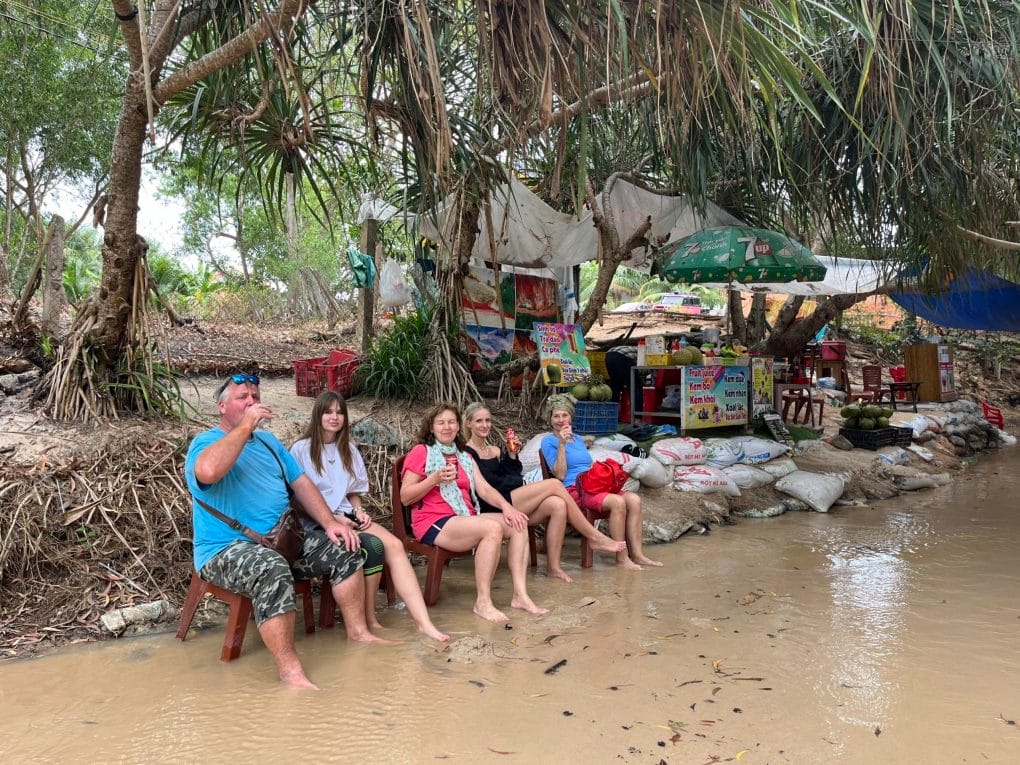The Binh Da Communal Houses are situated in , in Binh Minh Commune, Thanh Oai District, on the way to Huong Pagoda. There are two beautiful communal houses: “Noi” or Inner Communal House and “Ngoai” or Outer one.
There is a connection between Noi Communal House and the legendary Lac Long Quan and Au Co. Although it is often called a communal house, it is, in fact, a temple to worship the national ancestor Lac Long Quan – Father of all Kings Hung.
The two communal houses were built long ago and had been destroyed many times through wars against aggressors for national salvation. In the years of 1946 – 1947, they were destroyed to build enemy posts when the French colonists expanded their battle area far out of Hanoi. The present communal houses are the ones which were built in the year Mau Ngo – King Khai Dinh III (1918). Noi Communal House, situated on its old ground, has a magnificent posture. Several years ago, a farmer, while digging the soil, found a bronze drum and some old objects – 500m away from it. In the past, there was a “Troi” tree whose stump must be ten times as wide as a crook of one’s arms and its was 10m high with thick branches and leaves – green all round the year. Unfortunately, it was cut down in the year of 1954 – 1955 to make tables and desks for the village children. At present, there remain two “Troi” trees – one on the village path and the other in Oai field with low and small shapes. These are the trees which can hardly be seen in the historical and cultural places in the Northern flat area.
In Noi House, at present, there is still a painting made of wood with red lacquer trimmed with gold describing King Lac and his inferiors watching a boat race – an old Vietnamese traditional festival which is still held in Dam Village, Thai Binh Province. Besides, there are many old precious objects such as: Divine Resisters, nominations (by the Kings), a newly found Bronze bell, and stelae dated back to the dynasties of Ly, Le, and Nguyen. At the edge of the village is Ngoai House, adjacent to Highway 22. Its main door faces South, on the position of “Luc Long trieu hoi” (having six dragon turning their heads to). This is the place where Ly Lang Cong (or Hoang Chan – Ling Lang) – King Ly Thai Tong’s son – is worshiped. The legend goes that he was a talented and virtuous man, and did a lot of good to his people and nation, fighting against Sung invaders and defeating Champa troops. He died on Nhu Nguyet River (now a part of Cau River). He also helped people out of droughts. Therefore, he was considered the patron saint of the village by Binh Da people.
According to the legend, King Lac was born on 6th day of the 3rd lunar month, so there is a religious celebration at both Noi and Ngoai Communal Houses from the 26th day of the 2nd lunar month to the 6th day of the 3rd lunar month yearly. The 5th day of the 3rd lunar month is the day of King procession from Noi to Ngoai Communal House, and the vice versa in the afternoon; and King procession back to his former place at Ngoai Communal House in the 6th day of the 3rd lunar month afternoon.
Binh Da Village Festival is celebrated in memory of King Lac (Lac Long Quan) – the Viet people’s ancestor and a conqueror of the nature – defeating Fish, Fox and Wood monsters as well, and the person who did a lot for the establishment of the nation. Also, it is the occasion to be in honour of Ly Lang Cong, the village’s patron saint.






